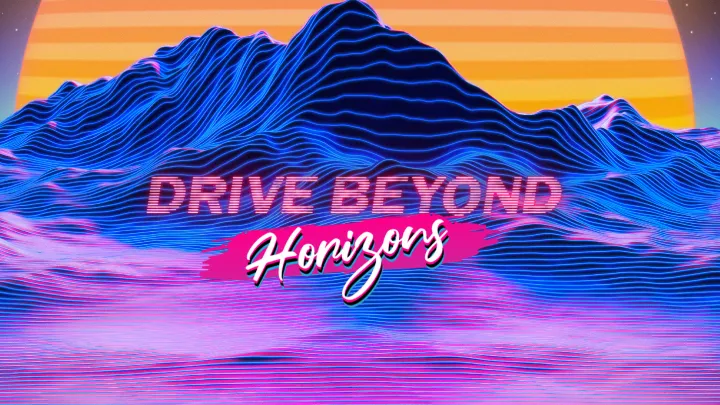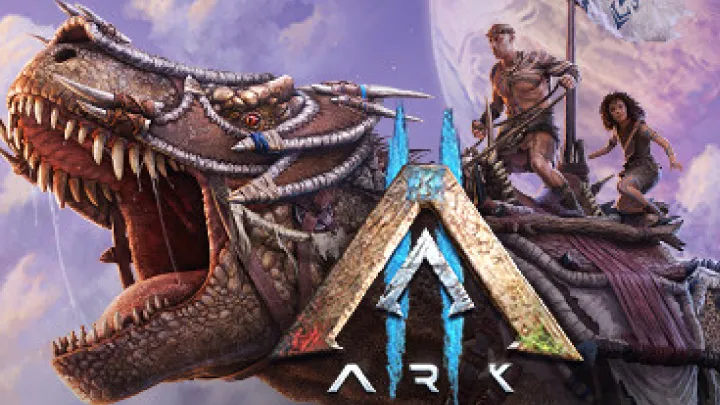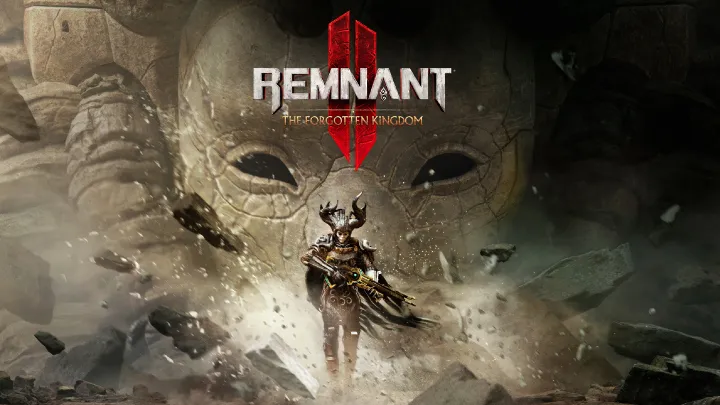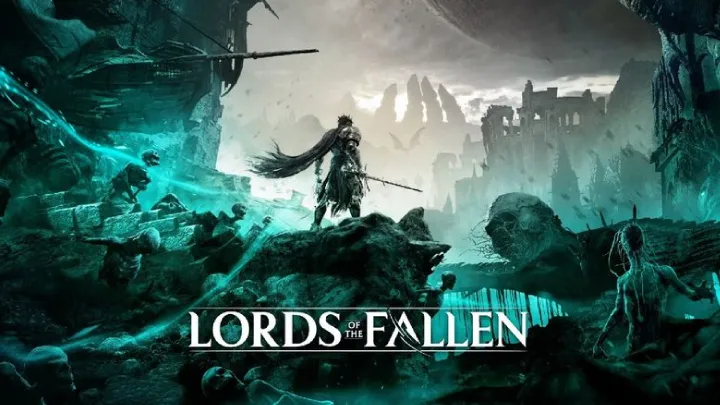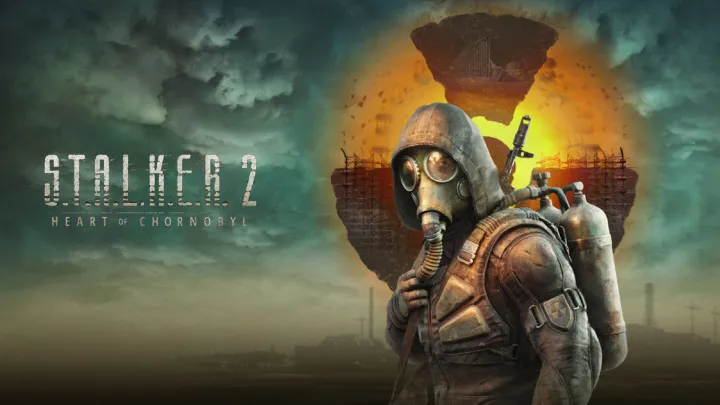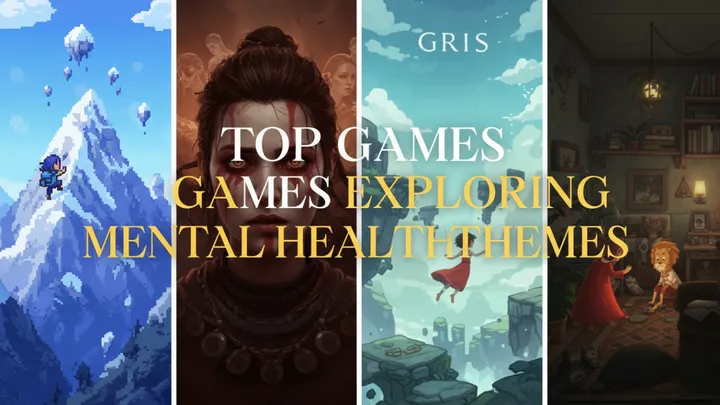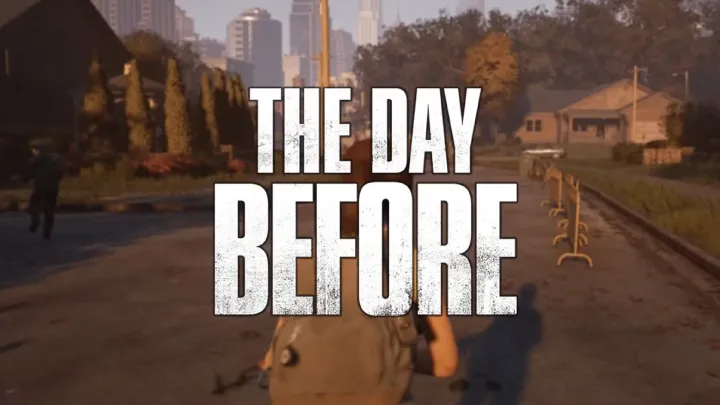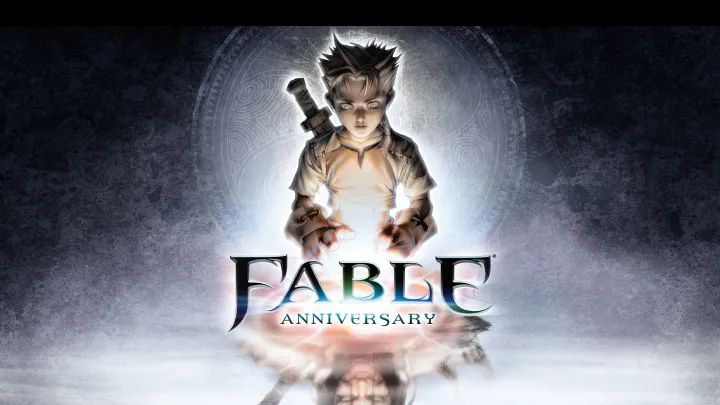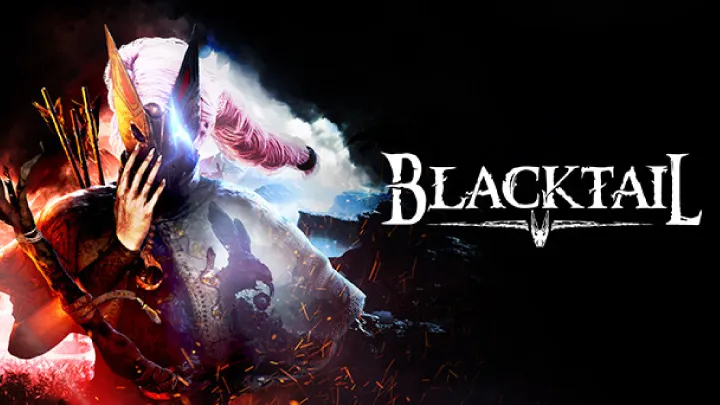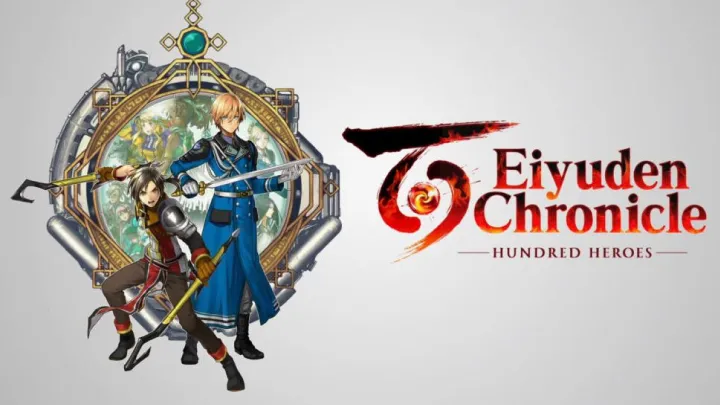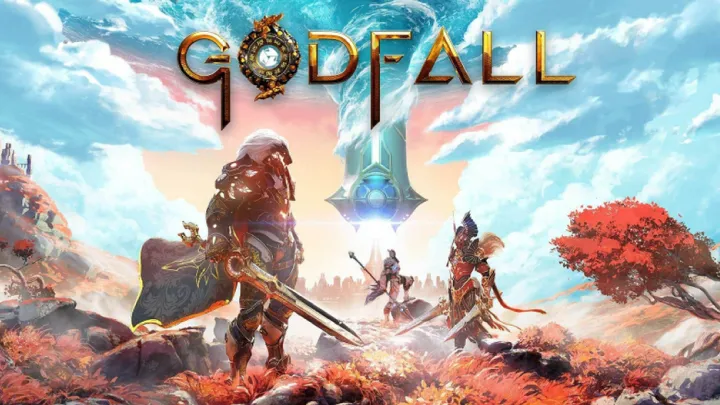Candy Crush Saga is a match-three puzzle game developed by King, which has become one of the most recognized and played mobile games since its release in 2012. With its colorful graphics, addictive gameplay mechanics, and engaging levels, Candy Crush Saga has captivated millions of players worldwide. This article delves into the history of the game, its gameplay mechanics, social features, monetization strategies, community engagement, and its impact on the gaming industry.
Development History
Origins of Candy Crush Saga
Candy Crush Saga was developed by King, a company founded in 2003 by Riccardo Zacconi, Sebastian Knutsson, and Lars Markgren. The idea for Candy Crush Saga emerged from the success of earlier match-three games, with the intention of creating a more engaging and visually appealing experience.
Early Development
The game was initially released on Facebook in April 2012, quickly gaining popularity due to its simple yet addictive gameplay. Players were drawn to the bright colors, charming characters, and the satisfaction of matching candies to clear levels.
Transition to Mobile
In November 2012, Candy Crush Saga was launched as a mobile app for iOS and Android. This transition allowed the game to reach a broader audience, capitalizing on the growing trend of mobile gaming. The mobile version featured touch controls, enhancing gameplay and making it accessible to a wider demographic.
Reception and Popularity
Candy Crush Saga became a cultural phenomenon within a short period. By 2013, it was one of the most downloaded games on both the App Store and Google Play, reaching over 500 million downloads within just a few years. Its success prompted King to release spin-offs and sequels, further expanding the Candy Crush franchise.
Gameplay Mechanics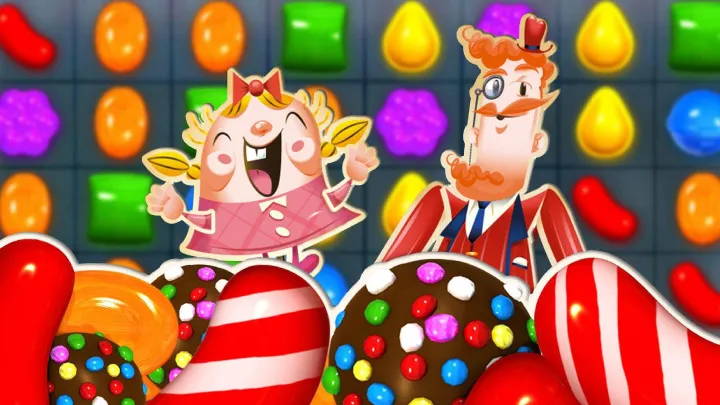
Core Gameplay
At its heart, Candy Crush Saga is a match-three puzzle game where players swap adjacent candies to create matches of three or more of the same type.
- Matching Candies: Players drag and drop candies to match them horizontally or vertically. Successfully matching candies clears them from the board and earns points.
- Level Objectives: Each level has specific objectives, such as reaching a certain score, clearing jelly, or collecting ingredients. These varied objectives keep gameplay fresh and challenging.
Power-Ups and Boosters
Candy Crush Saga features a variety of power-ups and boosters that enhance gameplay and help players overcome difficult levels.
- Power-Ups: Players can create special candies by matching four or more candies, such as striped candies, wrapped candies, and color bombs. These power-ups have unique abilities that can clear larger areas of the board or trigger chain reactions.
- Boosters: Boosters are items that players can use at the beginning of a level to gain an advantage. Examples include extra moves, additional time, or the ability to shuffle candies. Boosters can be earned through gameplay or purchased.
Level Design
The game features thousands of levels, each designed with unique layouts and challenges.
- Variety of Challenges: Levels incorporate different obstacles, such as chocolate, licorice, and bombs, requiring players to strategize and adapt their approaches. This variety contributes to the game’s longevity and replayability.
- World Map: Candy Crush Saga uses a colorful world map that visually represents the player’s progress through different episodes and levels. Each episode contains a series of levels with a theme, enhancing the overall experience.
Social Features
Connecting with Friends
Candy Crush Saga incorporates social elements that encourage players to connect with friends.
- Facebook Integration: The game allows players to connect their accounts to Facebook, enabling them to see their friends' progress, send lives, and compete for high scores. This social aspect fosters a sense of community and friendly competition.
- Leaderboards: Players can view leaderboards that display their rankings among friends and global players. This feature motivates players to improve their skills and climb the ranks.
Sharing Progress and Achievements
Players can share their achievements and milestones on social media platforms, further promoting the game.
- Sharing Features: Players are encouraged to share completed levels, high scores, and special events, which helps to spread awareness of the game and attract new players.
- In-Game Events and Challenges: Candy Crush Saga frequently hosts special events and challenges that encourage players to work together or compete against each other for rewards. These events enhance engagement and provide additional content for players.
Monetization Strategies
Candy Crush Saga employs several monetization strategies that have contributed to its financial success.
Freemium Model
The game operates on a freemium model, allowing players to download and play for free while offering in-app purchases for additional content.
- In-App Purchases: Players can purchase boosters, extra lives, and special items to enhance their gameplay experience. This model encourages players to spend money to progress more quickly or overcome challenging levels.
- Limited-Time Offers: The game frequently presents limited-time offers and promotions to incentivize players to make purchases. These offers often include discounts on boosters or special bundles.
Advertisements
In addition to in-app purchases, Candy Crush Saga incorporates advertisements to generate revenue.
- Ad-Supported Features: Players can watch ads to earn extra lives or boosters, providing an option for those who may not want to spend money. This approach allows players to engage with the game while generating revenue for the developers.
Community Engagement
Player Feedback and Updates
King actively engages with the Candy Crush Saga community, seeking player feedback to improve the game.
- Regular Updates: The development team frequently releases updates to introduce new levels, features, and events. These updates keep the game fresh and maintain player interest.
- Feedback Channels: Players can provide feedback through various channels, including social media, forums, and in-game surveys. This feedback helps the development team understand player preferences and address concerns.
Community Events
Candy Crush Saga hosts numerous community events that encourage player participation and interaction.
- Seasonal Events: The game features seasonal events tied to holidays and special occasions, offering themed levels and rewards. These events create excitement and encourage players to log in regularly.
- Challenges and Contests: Players can participate in challenges and contests, competing for prizes and recognition within the community. These events foster a sense of belonging and camaraderie among players.
Challenges and Critiques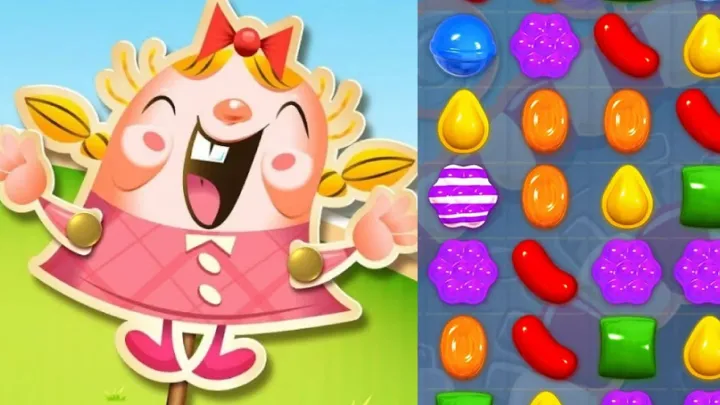
Balancing Difficulty
While Candy Crush Saga is praised for its engaging gameplay, some players have criticized the game for its difficulty spikes.
- Challenging Levels: Certain levels can be exceptionally challenging, leading to frustration among players. This has prompted discussions about the need for better balance and adjustments to level design.
- Paywall Concerns: Some players feel that the game encourages spending to progress, particularly when faced with difficult levels. This perception has led to debates about the fairness of the freemium model.
Technical Issues
As with many mobile games, Candy Crush Saga has faced technical challenges since its release.
- Bugs and Glitches: Players have reported occasional bugs and glitches that affect gameplay. The development team has worked to address these issues through regular updates.
- Performance Optimization: Ensuring smooth performance across various devices is an ongoing challenge, and King continues to optimize the game to provide the best experience possible.
Impact on the Gaming Industry
Popularizing the Match-Three Genre
Candy Crush Saga has played a significant role in popularizing the match-three genre, inspiring numerous imitators and spin-offs.
- Influencing Game Design: The game’s success has influenced game design trends, leading to the development of similar puzzle games that incorporate social features and monetization strategies.
- Cultural Impact: Candy Crush Saga has become a cultural phenomenon, with references in popular media and discussions about its impact on mobile gaming. It has introduced gaming to a broader audience, including casual players.
Expanding the Candy Crush Franchise
The success of Candy Crush Saga has led to the expansion of the franchise with spin-offs and related titles.
- Candy Crush Soda Saga: Released in 2014, this spin-off introduced new gameplay mechanics and elements, such as soda bottles and different objectives. It quickly gained popularity and further solidified the franchise’s success.
- Candy Crush Friends Saga: Launched in 2018, this title expanded the universe with new characters and gameplay features, while retaining the core match-three mechanics. It continued to attract players and contribute to the franchise's legacy.
Conclusion
Candy Crush Saga has established itself as a cornerstone of mobile gaming, captivating millions with its addictive gameplay, vibrant graphics, and social features. Its success has not only popularized the match-three genre but also influenced the development of mobile games in general. As the game continues to evolve and engage players through regular updates and community events, it remains a beloved title that has left an indelible mark on the gaming industry. Whether you're a casual player looking for a fun distraction or a dedicated Candy Crush enthusiast, the game offers an engaging experience that keeps players coming back for more.






